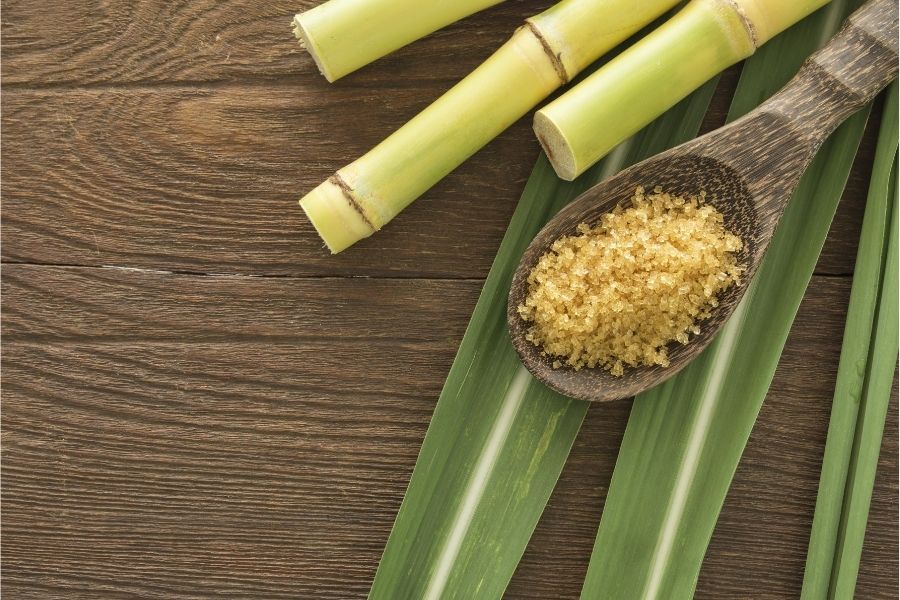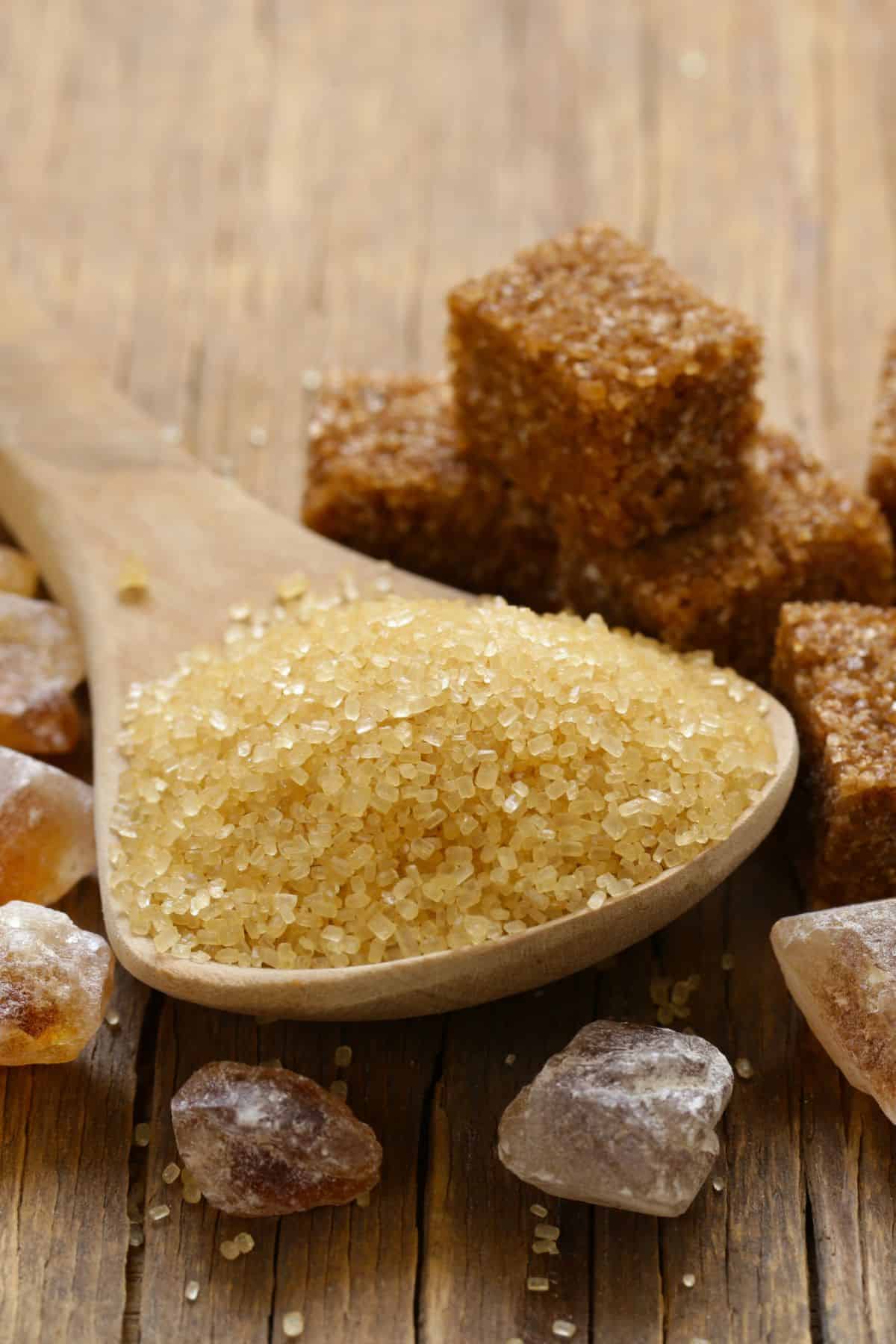A Thorough Overview of the Wellness and Economic Ramifications of Walking Stick Sugar Processing on Local Neighborhoods
Walking stick sugar handling plays an essential duty fit the economic landscape of regional areas, using employment possibilities and promoting secondary sectors. However, the health and wellness implications associated with high sugar consumption can not be ignored, as they add to rising rates of weight problems and diabetic issues. This nuanced vibrant invites an important exam of just how areas can enhance economic gains while dealing with the pressing health difficulties they deal with. The exploration of educational initiatives and lasting techniques might simply hold the secret to reconciling these clashing interests. What approaches might communities implement to attain this equilibrium?
Financial Advantages of Walking Stick Sugar Processing
Walking cane sugar handling offers substantial financial advantages that prolong beyond the prompt agricultural field. The farming and processing of sugarcane develop many work possibilities, from farming to manufacturing and circulation. This employment generation not just sustains local economies however also cultivates neighborhood development by supplying stable revenue sources for family members.
Furthermore, the sugar industry boosts ancillary services, including transport, equipment supply, and packaging solutions (Cane Sugar Processing). As these fields grow, they contribute to a much more durable economic structure, improving general community strength. The export possibility of processed walking stick sugar better intensifies economic advantages, positioning regions as affordable gamers in global markets
Financial investment in modern-day handling facilities can result in increased performance and efficiency, consequently lowering waste and enhancing resource usage. This shift not only benefits the neighborhood economic climate yet additionally sustains sustainability efforts by lessening ecological influences.
Furthermore, the revenue generated from walking stick sugar processing can be reinvested in local facilities, education and learning, and medical care, advertising holistic neighborhood growth. Generally, the financial benefits of walking stick sugar handling are diverse, giving a foundation for sustaining prosperity in farming regions.
Health Dangers Connected With Sugar Intake
Too much sugar usage presents significant health and wellness dangers that call for severe focus. High intake of included sugars, especially from processed beverages and foods, has been connected to countless health problems. One of one of the most important problems is excessive weight, as sweet diet plans add to an enhanced caloric consumption without supplying necessary nutrients. This unwanted can result in metabolic disorders, consisting of type 2 diabetic issues, which has come to be progressively widespread in both kids and grownups - Cane Sugar Processing.
Furthermore, high sugar consumption is connected with cardiovascular disease. Elevated blood sugar level degrees can result in insulin resistance, a forerunner to different heart-related concerns. Furthermore, sugar can have harmful results on oral health and wellness, causing cavities and gum tissue illness, as germs in the mouth thrive on sugar, producing acids that wear down tooth enamel.
Furthermore, arising research study recommends a potential link in between high sugar consumption and mental wellness problems, such as anxiety and anxiousness. As communities come to grips with these wellness threats, it ends up being important to advertise recognition and motivate much healthier nutritional choices. Resolving sugar intake is important not just for specific wellness yet likewise for the general wellness of regional areas, highlighting the demand for thorough public health methods.
Environmental Impacts of Sugar Production
Frequently overlooked in conversations concerning sugar's effects is the significant ecological impact of sugar manufacturing. The farming of sugarcane frequently necessitates comprehensive land use, causing deforestation, loss of biodiversity, and interruption of regional ecological communities. The conversion of woodlands and marshes right into sugar haciendas can cause environment damage, threatening various species and altering ecological equilibrium.
Moreover, sugar manufacturing is resource-intensive, consuming considerable quantities of water for irrigation. This can cause exhaustion of regional water resources, negatively affecting both agricultural methods and neighborhood access to tidy water. Furthermore, using chemical fertilizers and chemicals in sugarcane farming can add to soil degradation and water contamination, as runoff from these chemicals gets in neighboring rivers and lakes, influencing marine life and human health and wellness.
The environmental impact prolongs to the processing stage, where energy consumption and waste generation additional intensify ecological problems. Air contamination from burning sugarcane fields, along with greenhouse gas discharges, add to climate modification. Thus, the ecological implications of sugar manufacturing warrant severe consideration, advising stakeholders to take on even more sustainable techniques to mitigate these negative impacts on neighborhood ecosystems and neighborhoods.
Work Creation and Community Growth
The environmental challenges posed by sugar manufacturing are usually reversed by its potential for financial benefits, especially in work production and neighborhood growth. The cane sugar sector click over here now works as a substantial source of employment in lots of rural areas, giving jobs throughout various ability degrees, from farming labor to handling and circulation roles. This employment not only supports specific families but likewise adds to the total economic vigor of neighborhood areas.
Moreover, the facility of sugar processing facilities stimulates supplementary organizations, such as transportation services, devices supply, and upkeep service providers. As these organizations flourish, they produce extra tasks and bolster regional economic climates. The earnings created from the sugar sector also results in boosted tax obligation earnings, which can be reinvested into community services such as facilities, education, and healthcare growth.
Furthermore, the sugar market commonly participates in community advancement efforts, such as supporting regional schools and wellness programs, therefore boosting the visit the site lifestyle for homeowners. By promoting strong area ties and advertising economic growth, the walking stick sugar processing field plays a crucial role in uplifting local populaces, making it a vital part of sustainable growth methods in sugar-producing regions.
Balancing Health and Economic Growth
In navigating the intricacies of cane sugar processing, an essential difficulty hinges on balancing health and wellness considerations with financial development. The sugar industry substantially contributes to neighborhood economic climates by creating jobs, promoting relevant industries, and boosting tax obligation revenues. Nevertheless, the wellness implications related to extreme sugar consumption can cause chronic diseases such as excessive weight, diabetic issues, and cardio issues, which can concern public wellness systems and lessen labor force performance.

Furthermore, regulative structures can play an essential role in directing market techniques towards even more health-conscious and lasting approaches. By promoting partnership in between federal government bodies, wellness companies, and the sugar industry, communities can navigate the dichotomy of health and financial development, my explanation guaranteeing that the benefits of walking stick sugar processing are equitably shared while prioritizing public health and wellness.
Final Thought
In verdict, the handling of walking cane sugar offers both substantial financial benefits and remarkable health risks for local communities. While it fosters job creation and boosts regional growth, the involved health and wellness concerns, particularly relating to weight problems and diabetic issues, require a careful balancing act. By promoting liable intake and investing in area education and learning and sustainable methods, it is possible to maximize financial advantages while lessening negative wellness results, therefore making sure a much healthier future for regional populaces.
Furthermore, sugar can have harmful results on dental health and wellness, resulting in cavities and gum tissue illness, as germs in the mouth thrive on sugar, producing acids that erode tooth enamel.
Dealing with sugar consumption is critical not just for specific health however also for the overall wellness of regional communities, stressing the requirement for comprehensive public health and wellness techniques.
Often neglected in discussions about sugar's ramifications is the significant environmental influence of sugar manufacturing. The wellness ramifications connected with excessive sugar intake can lead to persistent illness such as weight problems, diabetic issues, and cardiovascular issues, which can concern public health systems and diminish labor force efficiency.
